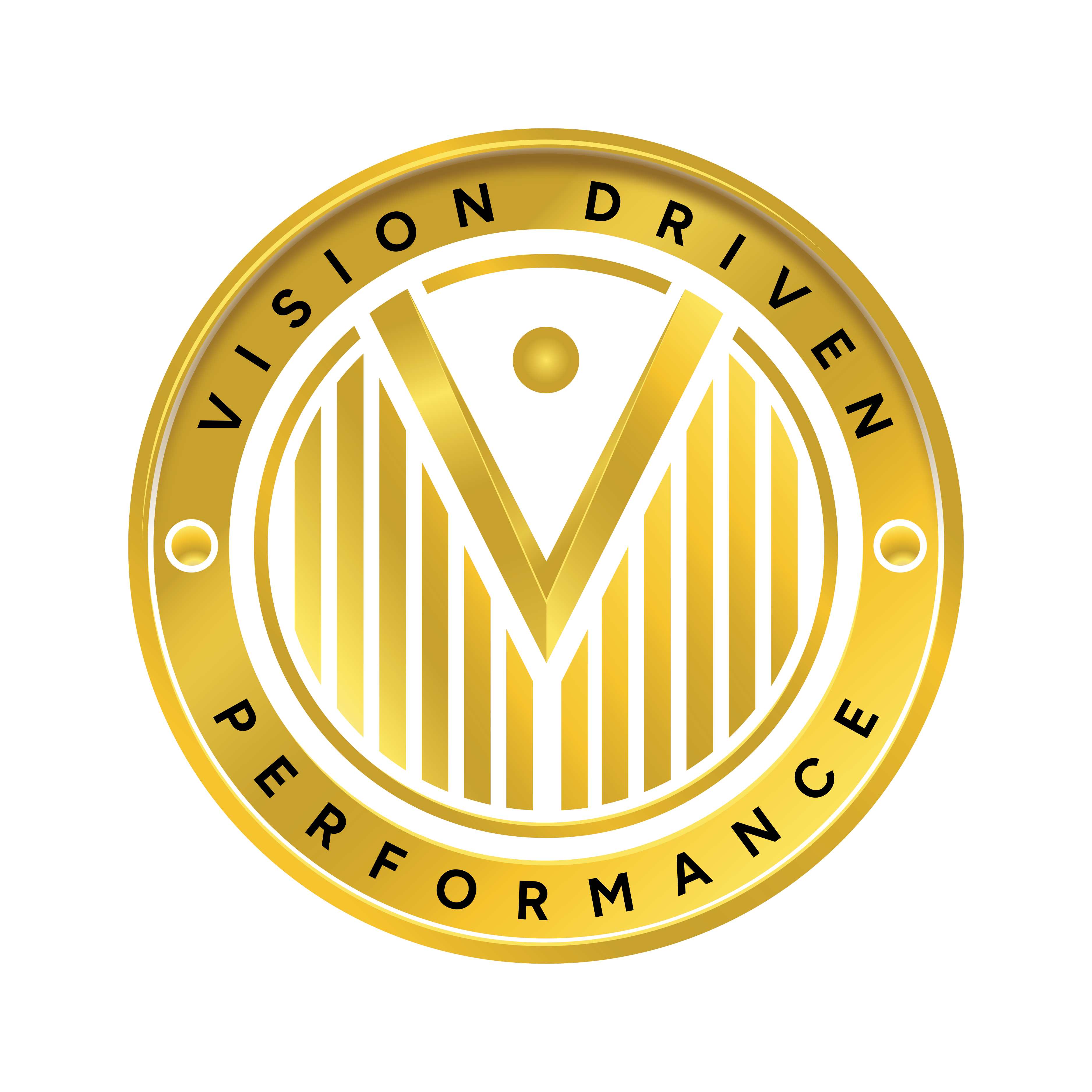Core business processes are vital activities or functions within an organization that are critical to its operations and contribute directly to its primary objectives and value proposition. These processes are fundamental to the success and sustainability of the business.
Here are four examples of core business processes…
1. Sales and Marketing
- Lead Generation – Identifying and attracting potential customers or clients through various channels such as advertising, content marketing, and networking.
- Sales Conversion – Converting leads into paying customers through effective sales techniques, product demonstrations, and negotiations.
- Customer Relationship Management (CRM) – Managing interactions and relationships with customers throughout the sales cycle, including follow-up, support, and feedback collection.
- Market Research – Conducting market research to understand customer needs, preferences, and trends, and using this information to develop targeted marketing strategies and product offerings.
2. Product Development and Innovation
- Idea Generation – Generating new product or service ideas through brainstorming sessions, market analysis, customer feedback, and industry research.
- Prototype Development – Creating prototypes or minimum viable products (MVPs) to test concepts, gather user feedback, and refine designs before full-scale production.
- Testing and Quality Assurance – Conducting rigorous testing and quality assurance processes to ensure that products meet customer requirements, comply with standards, and deliver optimal performance.
- Continuous Improvement – Iterating existing products based on user feedback, technological advancements, and market changes to enhance functionality, usability, and value.
3. Operations and Supply Chain Management
- Procurement – Sourcing and purchasing raw materials, components, and services from suppliers to support production and operational activities.
- Inventory Management – Managing inventory levels, replenishment, and storage to ensure optimal stock levels, minimize stockouts, and reduce carrying costs.
- Production or Service Delivery – Executing the manufacturing or service delivery process efficiently and effectively to meet customer demand while maintaining quality standards and minimizing waste.
- Logistics and Distribution – Planning, coordinating, and executing the transportation, warehousing, and distribution of goods or services to customers or end-users in a timely and cost-effective manner.
4. Finance and
Supply Chain Management
- Budgeting and Financial Planning – Developing budgets, forecasts, and financial plans to allocate resources effectively, monitor performance, and achieve financial objectives.
- Bookkeeping and Record-Keeping – Maintaining accurate financial records, including transactions, invoices, receipts, and payroll information, to ensure compliance with accounting standards and regulations.
- Financial Reporting and Analysis – Generating financial reports, statements, and analyses to assess the financial health of the organization, track key performance indicators (KPIs), and support decision-making by stakeholders.
- Tax Compliance and Reporting – Ensuring compliance with tax laws and regulations, preparing and filing tax returns, and optimizing tax strategies to minimize tax liabilities while maximizing benefits and incentives.
These core business processes may vary depending on the nature of the organization, industry, and business model, but they represent foundational activities that are vital for achieving business goals and delivering value to customers, shareholders, and other stakeholders.




